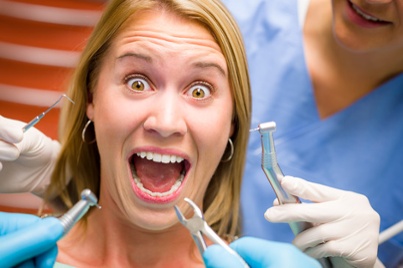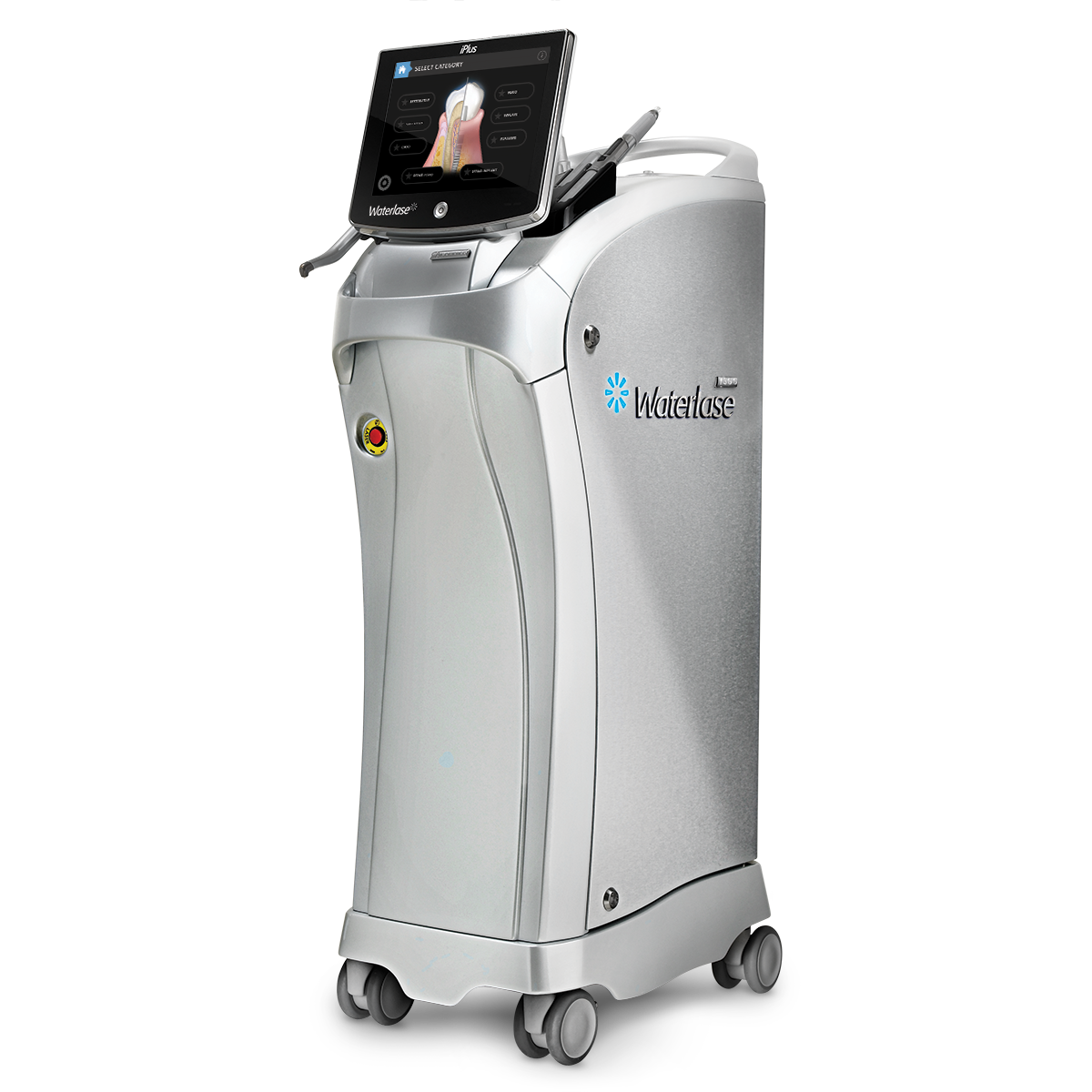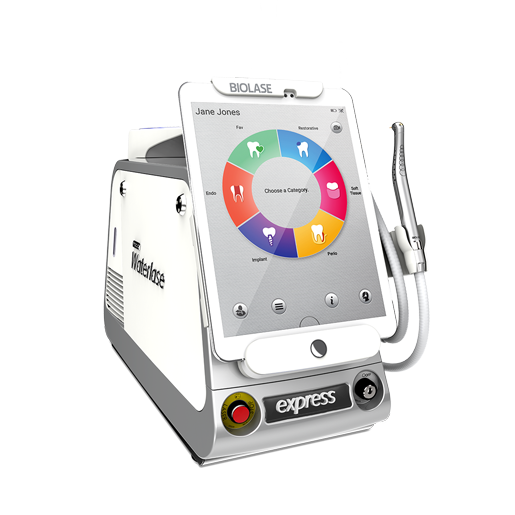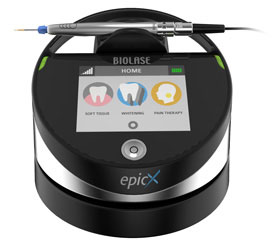 What are the most common causes of dental pain? The answer depends on the stimuli.
What are the most common causes of dental pain? The answer depends on the stimuli.
Pain is a protective response from your body. Whether it is minor or severe; the sensory trigger is there to let you know something is wrong-something that comes from the inside out. Dental pain is no exception to this rule. It is a form of reactive nerve pain that emanates from inside your teeth when they are exposed to certain stimuli.
Why do your teeth hurt?
The answer depends on the stimuli. What stimuli? For every symptom, there is a cause. Here are 6 common causes and what to do about them:
Cause #1: Sensitivity to temperature.
The dental pain is momentary, but it usually signals a minor problem within the tooth itself. It could be:
- A small area of tooth decay
- A loose filling
- An exposed root due to abrasion or gum recession
What to do about it: The best thing to do is to keep your teeth and gum line clear of bacterial plaque. Do this by gently brushing with a soft-bristled toothbrush, no more than twice a day. A toothpaste containing fluoride works well for sensitive teeth. You can use the toothpaste as an ointment by rubbing it on your teeth for about 10 minutes, as needed.
Cause #2: Sensitivity after dental treatment.
Dental work can also cause dental pain. How? Depending on the problem, fixing it may cause inflammation inside the tooth.
What to do about it: The good news is the pain you are feeling only lasts a few days to a few weeks. Decay removal and crown work may take a week or two to settle. In the meantime, you can take over-the-counter pain relievers to manage your discomfort.
Cause #3: Sharp pain when chewing.
One of the following problems may be the culprit:
- Decay
- Loose filling
- Cracked tooth
What to do about it: While a loose filling can be replaced by a dentist, the other causes of dental pain when chewing will need to be addressed by a specialist. They can remove decay, protect the root canal, and seal any spaces or cracks within the tooth.
Cause #4: Lingering pain after eating.
Pay very close attention to this symptom, it could mean that your tooth is infected. If tooth decay or damage is left untreated, your tooth can die from the inside out.
What to do about it: This needs to be prevented before the pain becomes too severe. The bacteria that build up can develop into a life-threatening abscess. A root canal can remove the dead and dying pulp; saving the tooth.
Cause #5: Dull ache and pressure on the upper teeth.
Believe it or not, this kind of dental pain can be sinus-related. Your upper back teeth share the same nerves as your sinus cavity. As a result, that pain can be referred to your teeth and vice versa. However, the other possibility is that you are clenching your jaw and grinding your teeth.
What to do about it: Given the two possibilities; you need to be seen by a dentist and/or your family physician before the symptoms get severe.
Cause #6: Constant pain.
This is a sign of an acute infection. It is imperative that you get this symptom treated as soon as possible. Without treatment, your tooth will die. A dead tooth usually leads to an abscess; a bacterial pocket that forms under the nerve in your tooth. If the infection enters your bloodstream, it can be fatal.
What to do about it: Root canals, antibiotics, and pain killers can be used to isolate and remove the problematic infection.
Conclusion
As always, these causes and solutions are just some of the diagnostic possibilities. Do not use the information contained in this article as a replacement for medical advice. To get properly treated, you need to see a dentist or a specialist.



